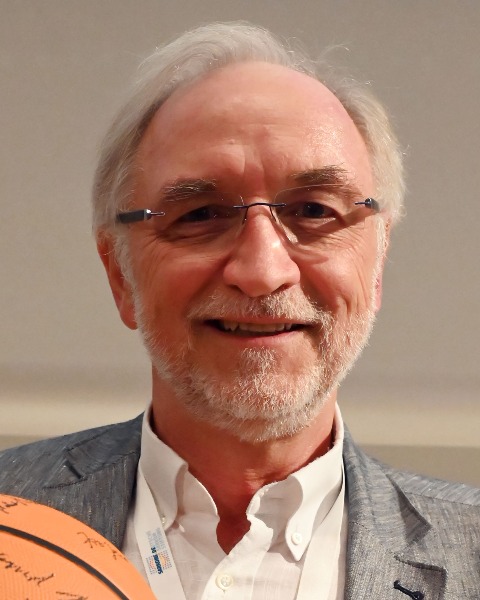
Peter Hohenberger, MD PhD (he/him/his)
Prof.
Div.of Surgical Oncology and Thoracic surgery, Mannheim University Medical Center, University of Heidelberg, Germany, Germany
Peter Hohenberger, MD, heads the Division of Surgical Oncology and Thoracic Surgery (SCO&TCH) at the Medical Faculty Mannheim, University of Heidelberg. He is a board-certified surgeon in visceral, vascular and thoracic surgery and surgical intensive care.
His professional education at the University of Erlangen included training in psychology and pathology. Surgical qualifications were received at the University of Heidelberg with a senior position at the Dept. of Surgery followed by a Professorship of Surgical Oncology at Charité, Berlin. Collaborating with EORTC since the 1980s, he was member of the Protocol Review Committee and the Board for nine years each and Chairman of STBSG. He served on the faculty of the AACR/ASCO/FECS/ESMO course on Methods of Clinical Cancer Research. He is member to Sarcoma Faculty at ESMO, the advisory board of SPAEN (Sarcoma Patients Euronet) and SOS-DESMOID and is board member of the German Sarcoma Foundation (DSS).
SCO&TCH is particularly interested in rare cancer/sarcomas, using TNF-ILP, having gained extensive expertise in retroperitoneal and chest wall tumors with innovative reconstruction techniques and recurrences of uterine saromcas.
Peter Hohenberger chairs the German Interdisciplinary Sarcoma Group (GISG), the Interdisciplinary Working Party on Sarcoma (IAWS) of the German Cancer Society (DKG) and the Certification Committee for Sarcoma Centers in Germany. He is member to the subcommittee on Health Outcome Research/Versorgungsforschung of the Deutsche Krebshilfe (German Cancer Aid).
The Mannheim Sarcoma Center is a major contributor to multinational randomized studies on the treatment of GIST and sarcoma, hosts the Data Centre of GISG and was co-founder of the German Sarcoma Conference.
UMM is part of EURACAN for four domains and leads the transversal task force (TTF) on guidelines and lead a WP in the Joint Action on Rare Cancer. Trial and network activities included EU-funded CONTICANET, EUROSARC and MITIGATE approaching sarcomas and imatinib-resistant GIST.
